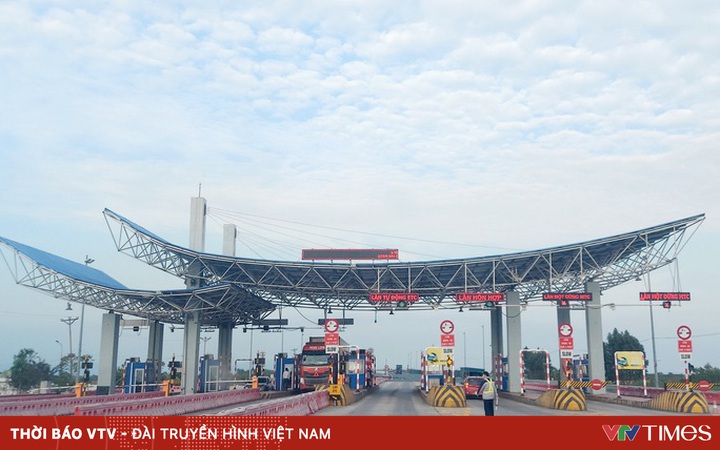Is the Russia-Ukraine war an opportunity or a threat to the Chinese economy?
The ongoing Russia-Ukraine war has brought about significant impacts on the global economy. While some analysts think the Chinese economy will benefit from the war, Xu Le, a lecturer in the Department of Strategy and Policy at the National University of Singapore, points out that the situation is not yet clear. clearly, as China will face the effects of its exports, as well as rising energy prices and challenges to food security.
It’s been more than three months since Russia launched a “special military operation” in Ukraine, which has had a significant impact on the global economy – commodity prices are hitting record highs, supply chains are disrupted. , while inflation has increased and economic growth has slowed, these have dampened investment and business expectations.
Many countries have condemned Russia for the war, but China has largely sought to maintain a neutral stance. As the fighting continues, some analysts say the Chinese economy will benefit from the war, while others take the opposite view. But the answer may lie somewhere in between.
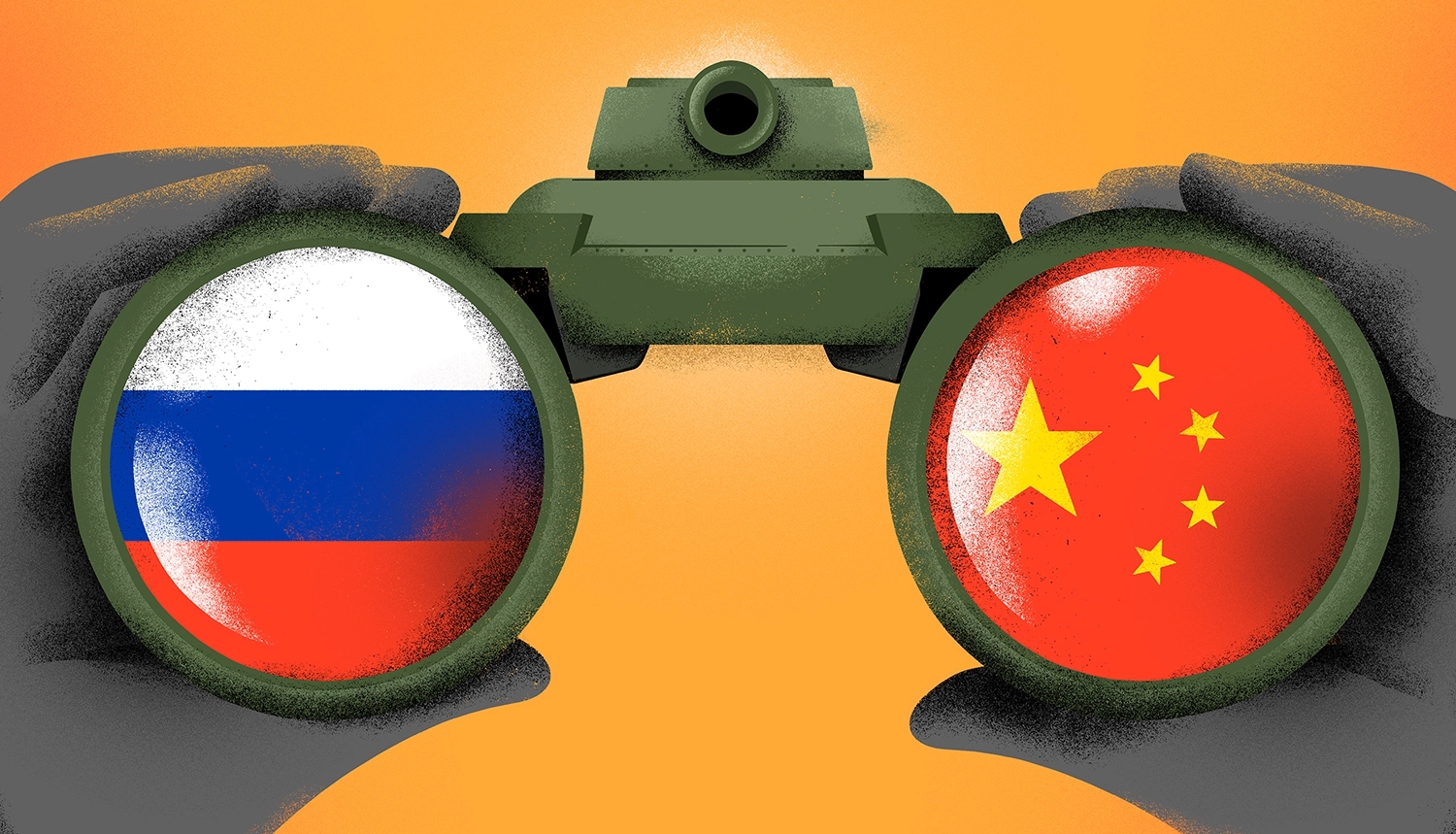
Some experts see war as an opportunity, but others see it as a threat to China’s economic standing in the international system. Photo: @AFP.
Impact on China’s exports to the EU
Exports are an important contributor to the Chinese economy. This factor plays an important role in allowing them to outperform other economies during the pandemic. Exports are also seen as a significant growth engine for the Chinese economy in 2022, as the country strives to achieve its GDP growth target of around 5.5%.
In 2021, China is the second largest partner of the European Union (EU) in terms of goods exports (accounting for 10.2%) and the largest partner in importing goods of the EU (22.4%). , according to figures from Eurostat.
It is clear that the volume of EU trade with China is determined by the rate of economic growth of the bloc. However, the Russia-Ukraine war has adversely affected the economic outlook of the EU. Energy prices in Europe are soaring, affecting business confidence as well as domestic consumption. These effects are likely to slow EU economic growth, and reduce demand for EU imports. This will slow down China’s export growth.
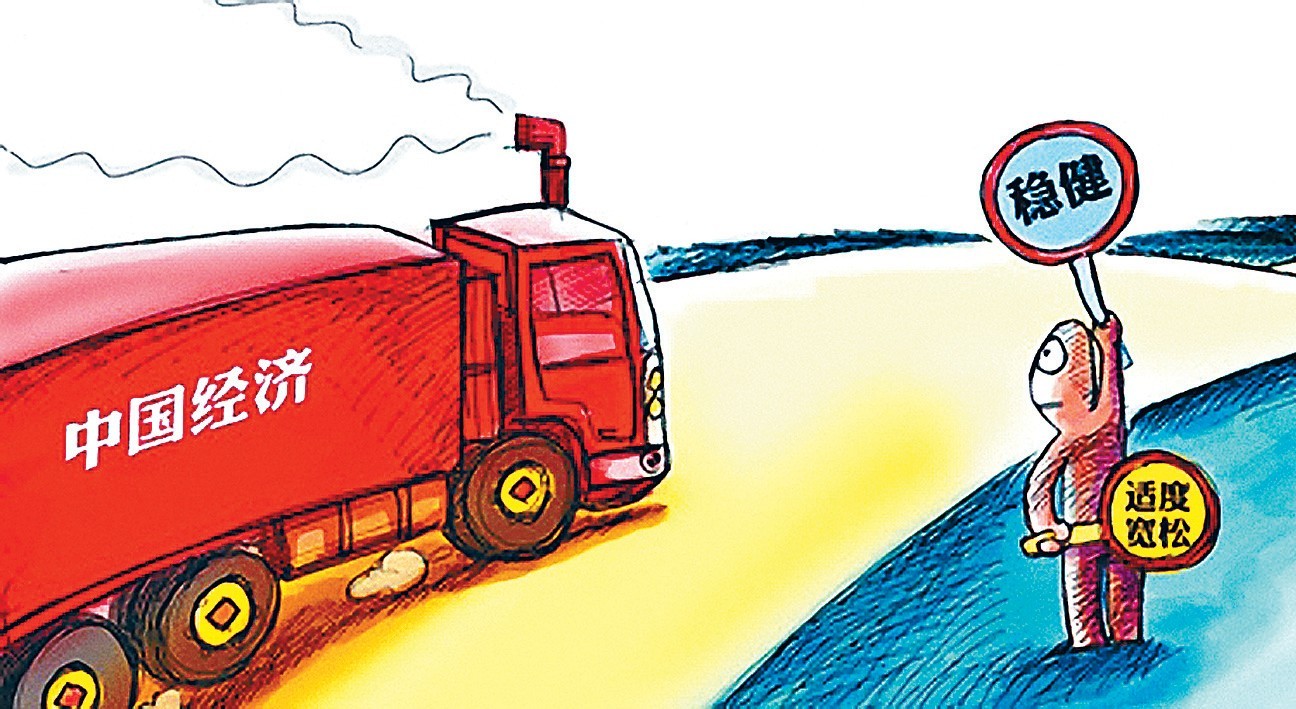
In 2021, China is the second largest partner of the European Union (EU) in terms of merchandise exports (accounting for 10.2%) and the largest partner in terms of EU goods imports (22.4%). , according to figures from Eurostat.
China’s export growth is positively correlated with EU economic growth
Recently, the United Nations Conference on Trade and Development (UNCTAD) lowered its global economic growth expectation of 1% from 3.6% to just 2.6%, noting that Europe will be affected hit harder, due to both high commodity prices and the Ukraine war. Inflation stagnated in the EU, a state of inflationary pressure and stagnant growth that would spill over into other economies as well.
According to a senior China economist from ANZ Research, China’s export growth is positively correlated with EU economic growth, which means that China’s total export growth will decrease by 0.3 percentage points for every 1 percentage point decrease in EU GDP growth.
Impact on China’s exports to Russia
Western sanctions against Russia and the withdrawal of international companies from Russia are strengthening the trade relationship between China and Russia, creating more opportunities for Chinese companies.
China’s exports to Russia increased by 41.5% year-on-year in the first three months of the year, while imports increased by 35.8%. The main products exported to Russia are broadcasting equipment, computers and household goods, while imports from Russia are mainly commodities and energy.
But also in early March, Apple and Samsung halted the sale of their products in Russia. Some Chinese smartphone brands have immediately seized this market opportunity. But these companies have now become cautious about their shipments to Russia, as the risks related to the ruble’s exchange rate and other potential sanctions have not yet ‘been covered’.
However, the increase in exports to Russia is not enough to offset the potential loss in exports to the EU, as China’s exports to Russia account for only 2% of its total exports in 2021.
Impact on imported energy into China
One of the adverse effects of the Russo-Ukrainian war was the oil price shock. China has overtaken the US to become the world’s largest crude oil importer. But the increase in oil import prices has pushed up retail prices of gasoline and diesel, creating a burden on producers and consumers. This will drive up the cost of producing goods and services, narrowing profit margins and reducing consumers’ disposable income.

The increase in exports to Russia is not enough to offset the potential loss in exports to the EU, as China’s exports to Russia account for only 2% of its total exports in 2021. Photo: @ AFP.
Russia is an important supplier of crude oil to China. Some analysts say that, due to Western sanctions on Russian oil exports, China can buy oil from Russia at a lower price. However, that is unlikely to affect China’s publicly stable gasoline and diesel prices in the short term. On the one hand, the current pricing mechanism must also be tied to global crude oil prices.
In general, China’s energy supply will be “guaranteed”, but the country’s energy prices are likely to rise unless the government steps in.
Besides oil, natural gas is another important energy source to meet China’s rapidly growing demand. Thanks to the good bilateral relationship between the two countries, Russia and China have signed a 30-year contract to ensure the stability of natural gas supply through a new pipeline, and the transaction will be paid in cash. Euro. Reports suggest that China has previously wanted to consider buying or increasing stakes in Russian energy and commodities companies. But with increasingly escalating sanctions on Russia, China suspended negotiations over the investment.
Impact on food imports into China
Ukraine is one of China’s main suppliers of corn, which is commonly used as feed for pigs and poultry. Due to the war, the supply of corn became precarious and the price of corn skyrocketed. In fact, China is turning to buying corn from the US.
Meanwhile, China is trying to use cheaper alternatives, such as wheat. In February, as part of an effort to address food security concerns, China allowed large-scale imports of wheat from all regions of Russia.
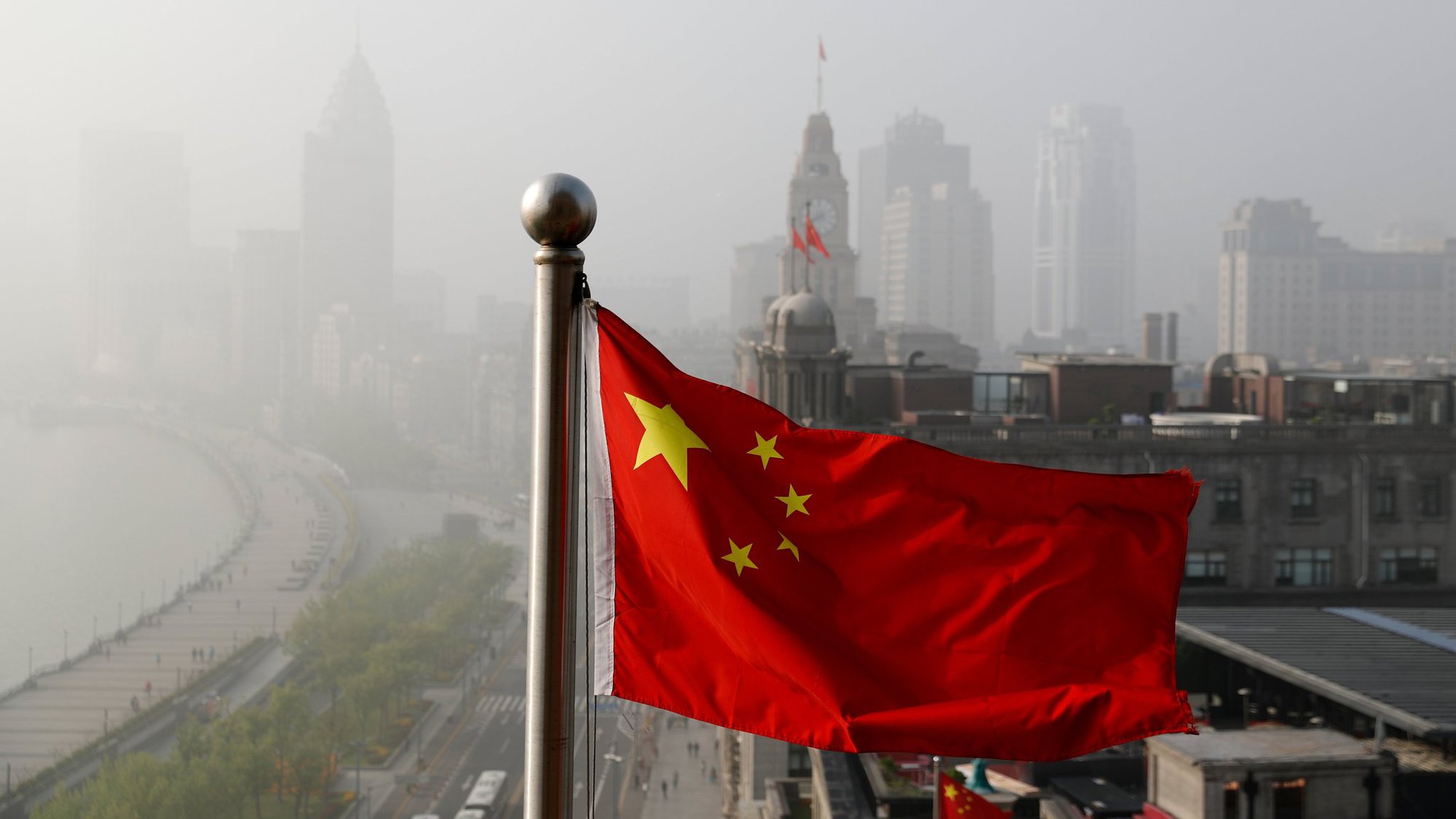
In general, China’s energy supply will be “guaranteed”, but the country’s energy prices are likely to rise unless the government intervenes. Photo: @AFP.
China’s food security is the cornerstone of economic growth. The complicated international environment and the evolution of war have created many uncertainties for the global food market, putting great pressure on the stabilization of food prices. To stabilize food supplies and food prices, China will need to diversify sources of imports, while reducing its dependence on imports in general and increasing domestic production.
Potential benefits for China
One vantage point for China is that world attention has shifted from the pandemic to the Russo-Ukrainian war. Before the war, China was blamed for Covid-19, and anti-China sentiment in the US and some other countries continued to run high. Of course, such a hostile international environment is not conducive to China’s economic development.
More attention will now be paid to high energy prices, global inflation, an impending food crisis and recession fears. China is no longer the main target of criticism.
On top of that, the Russo-Ukrainian war is accelerating the de-regime process of some countries. China, which is developing a renminbi-based international payment system, is likely to increase its global influence in this area over time. Here, strained relations between the West and Russia could accelerate de-dollarization.
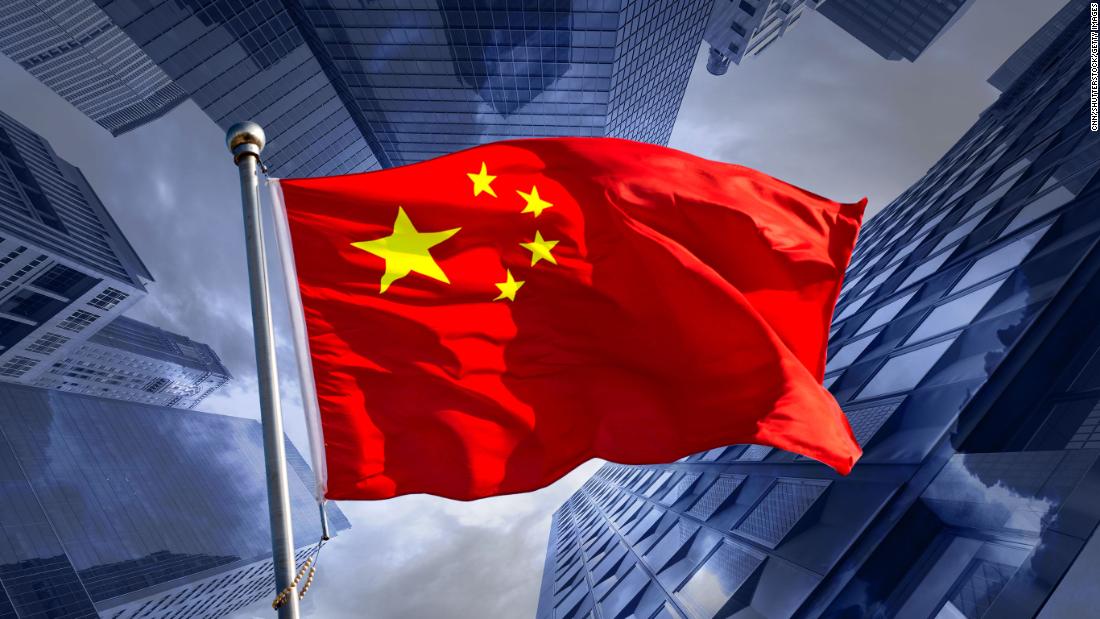
More attention will now be paid to high energy prices, global inflation, an impending food crisis and recession fears. China is no longer the main target of criticism. Photo: @AFP.
Due to sanctions, the famous banks of Russia expelled from the main global payment system SWIFT. In this situation, Beijing and Moscow could promote the use of the renminbi in bilateral trade. Promoting de-dollarization and supporting the renminbi can help China internationalize the renminbi, strengthen its economic and financial presence in the international system, and provide a cushion against economic decline due to sanctions.
Some analysts have downgraded their forecast for China’s economic growth to 5.1% or 5.2% in 2022. But the data is at least positive, much better than the situation in some countries. other.
Other analysts believe that China will be the “winner” of the crisis but this is still inconclusive, as it is a multiplayer game. The outcome is determined not only by China’s strategies but also by the responses of other players globally.
Huynh Dung -According to Thinkchina
at Blogtuan.info – Source: danviet.vn – Read the original article here


